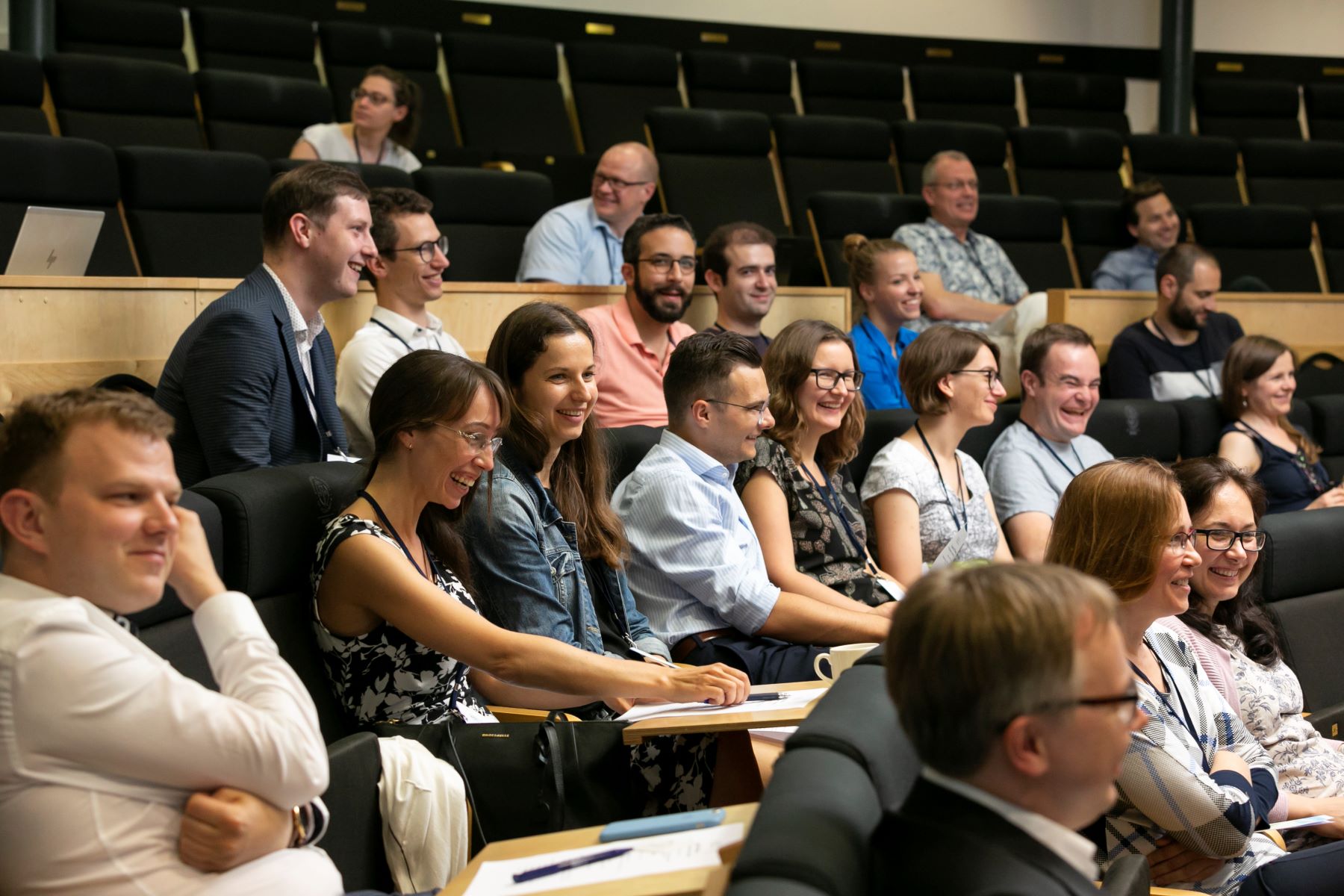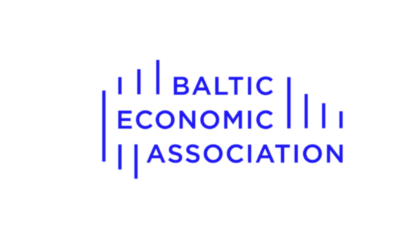You are welcome to join the Research Seminar of the Department of Economics and Finance of Tallinn University of Technology (TalTech) on Wednesday, 15 May at 16:00-17:00.
In MS Teams, please join via LINK
“What Explains the Zero-Debt Puzzle in BRICS Countries? Disentangling the Financial Flexibility and Financial Constraints Hypotheses”
Eleuterio Vallelado (University of Valladolid)
Using a sample of firms from BRICS countries in the period 2010–21, this study assesses the demand and supply sides of debt of companies’ propensity to be unleveraged. This is the first study to provide a formal empirical test of the financial flexibility and financial constraints hypotheses using firm- as well as country-based variables in the context of emerging countries. A bivariate probit model with partial observability in the sense of Poirier (1980) is used as a primary econometric technique. On the demand side, the results show that the propensity for a company to be unleveraged increases when the managers are debt averse and/or the company is in its earliest life cycle stage. Enjoying significant growth opportunities, being solvent and exhibiting a concentrated ownership structure contribute to becoming a low-leveraged company. A country’s institutional quality correlates with the chances of being a debt-free firm. On the supply side, creditors will provide resources to companies without the best financial reporting records if they operate in countries with more developed capital markets and significant economic freedom. The likelihood of being a low-leveraged company due to financial flexibility increases with the firm’s market capitalization, pay-out-ratio, growth opportunities, financial health, and ownership structure. Financial restrictions drive companies’ low-leveraged capital structure as they are small, exhibit shrinking profitability, dispersed ownership structure, reduced dividends, and operate in BRICS-based countries with low economic freedom.
Keywords: zero leverage; BRICS; financial flexibility, financial restrictions, capital structure; bivariate probit model
JEL classification: G14, G32
Authors: Paolo Saona (Saint Louis University; Universidad Católica de la Santísima Concepción and Universidad Pontificia Comillas), Pablo San-Martin (Universidad Católica de la Santísima Concepción), Eleuterio Vallelado (Universidad de Valladolid)


